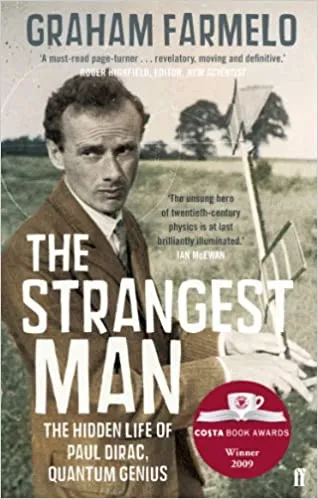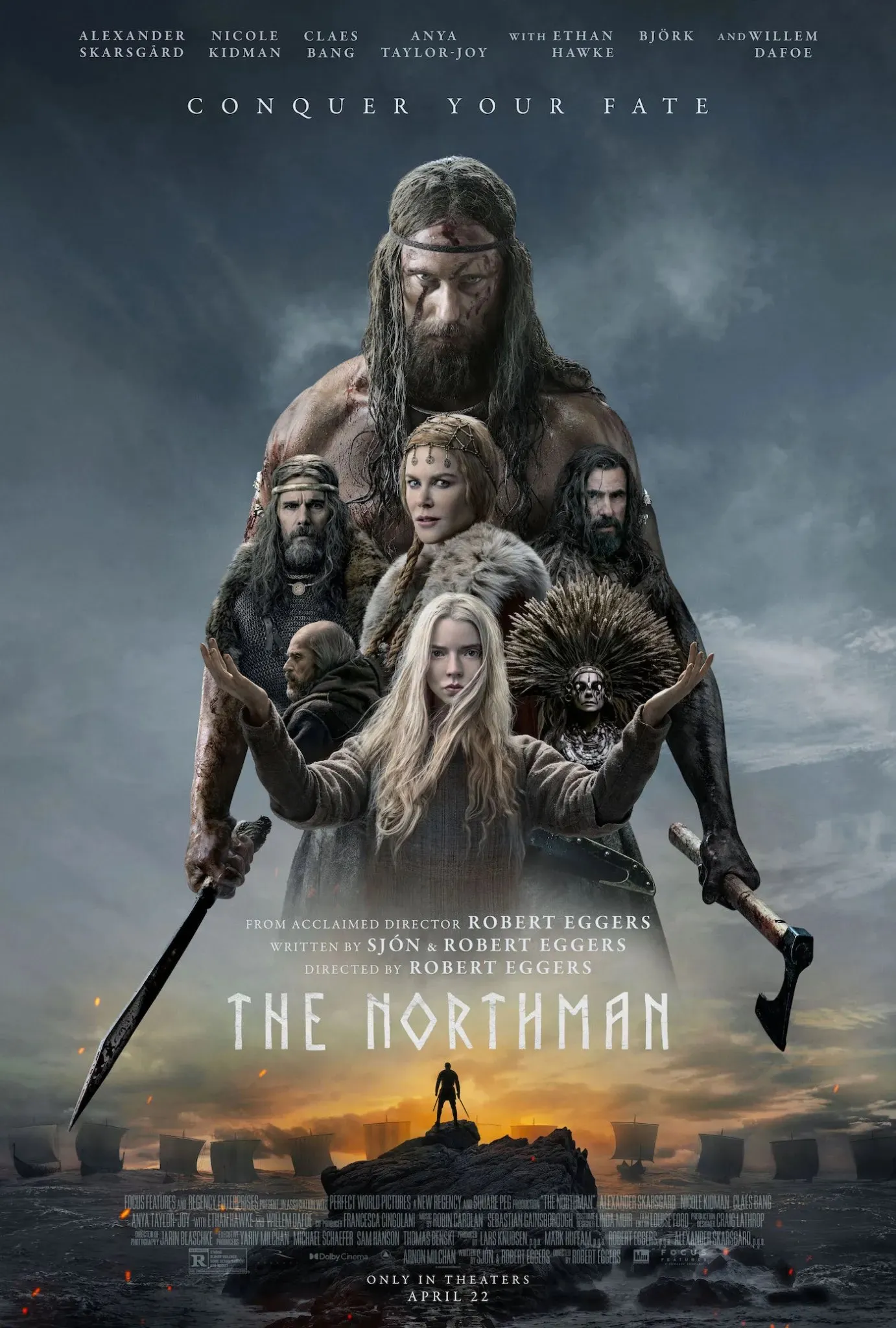
Saw with LD. Revenge flick set in Scandinavia in 895 AD. LD thought that the ultraviolence was a bit gratuitous and didn’t serve the plot very well. I don’t know what one would expect from a story about a beefy Viking beserker hell-bent on revenge. Lush, beautiful, amazing visuals from Eggers and crew. I wish I saw this in the theater. This is Eggers’ third movie after The Lighthouse (which we thoroughly enjoyed) and The Witch (which I am too much of a chicken to watch). Alexander Skarsgård and Anya Taylor-Joy were excellent.
“We All Want Clean H2O” is a Podcast about Water Quality, Policy, Agriculture, and Climate Change (apple.com)
It’s hosted by three University of Iowa engineers and scientists who are tired of “cropaganda” and is rather entertaining. The latest episode calls the recent E15 Law a “Fart in a Hurricane”.
One of the hosts is an engineer named Chris Jones who also writes a very lively blog with wonderful nuggets like this:
[…] corn ethanol for fuel is stupid. The industry exists by virtue of one reason and one reason only: government policy. The environmental benefits of using corn to produce a liquid biofuel HAVE ALWAYS been more desperation-half-court-heave than slam dunk, it’s lower potential energy when compared to gasoline makes the 10% blend number an obvious head fake, and its dominance of American politics has kept higher energy players sitting at the end of the bench. So why does ethanol get its ticket punched to the Big Dance year after year after year? Politics. Liberal politicians from Joe Biden to Amy Klobuchar to Dick Durban to Sherrod Brown to Cindy Axne to the Iowa City dogcatcher provide all the cover Republicans in general and Iowa Democratic state legislators in particular need to continue force feeding us this rancid cod liver oil until kingdom come.
See also: “Iowa is Addicted to Cornography”
A Black and White Photograph of the Bust of Queen Nefertiti

I can stare at photographs of the Nefertiti Bust all day. It’s just so alive. It was carved out of limestone and covered in stucco/plaster. The eyes were made out of quartz and affixed with beeswax. Just so beautiful. Wikipedia has a 3D model you can look at.
My Undecided Thirties
Indecision has been a pretty huge problem in my life and this comment by /u/tomwaste hit home.
I’m not sure if people have experienced the same but when I entered my 30s I became convinced I was rapidly running out of time. Rather than using that as motivation I let it paralyze me with indecision because I “couldn’t afford to make the wrong choice.” Consequently, I’m now 39 and, though I’ve had great things happen in my 30s, I regret spending so much time worrying and so little time committing to a course of action.
What’s the simplest way out of this mire of Analysis Paralysis?
“One day Alice came to a fork in the road and saw a Cheshire cat in a tree. ‘Which road do I take?’ she asked. ‘Where do you want to go?’ was his response. ‘I don’t know,’ Alice answered. ‘Then,’ said the cat, ‘it doesn’t matter.”
Their comment also reminded me of this Sylvia Plath poem illustrated by Gavin Aung Than of Zen Pencils.

Zephyr Howls
This is Zephyr, a “captive-born gray wolf” at the Wolf Conservation Center in NY. Below, you can hear him and his friends orchestrate some of the most beautiful sounds you will hear today. I’ve watched this five times and it was somehow even better with my eyes closed.
Here’s the Wolf Conservation Center’s YouTube channel for more music. Fuck I love wolves ♥️🐺
“Tabler Icons” are free SVG icons for web design. (tabler-icons.io)
Simple, consistent, SVG, adjustable stroke-width, and there are 1900 of them (and counting).
It’s Wednesday
My dudes. Cached here via YouTube because it is too precious to be yanked off the internet. Via Rob G.
It also occurred to me that the OS in the video would be more usable, more respectful, and less full of spyware than the giant crock of shit that is Windows 11.
ThanosJS is a Hot New Framework that promises to “reduce the file size of your project down to 50%” (thanosjs.org)
It’s what all the Patagonia-clads are raving about. They tell me it solves all perf problems in a snap.
Update
Here’s an NPM package. And, of course, Java if you’d like to deploy this in an Enterprise™ setting.
Netsuke
Summary of Wikipedia article: Japanese kimono didn’t have pockets. They needed something to store their stuff in. So they made containers that they hung from their kimonos’ sashes1. The part that secured the container to the sash at the top was called a netsuke (“root attached”.)
Here’s a really cute one of a sleeping cat from the 19th century 😻

Update
Here’s another. It’s a crouching tiger 😍

An obi, which is a favorite NYTimes crossword clue!↩︎
The Valeriepieris Circle
This is from a while ago but I didn’t get the memo. It’s a little crazy:
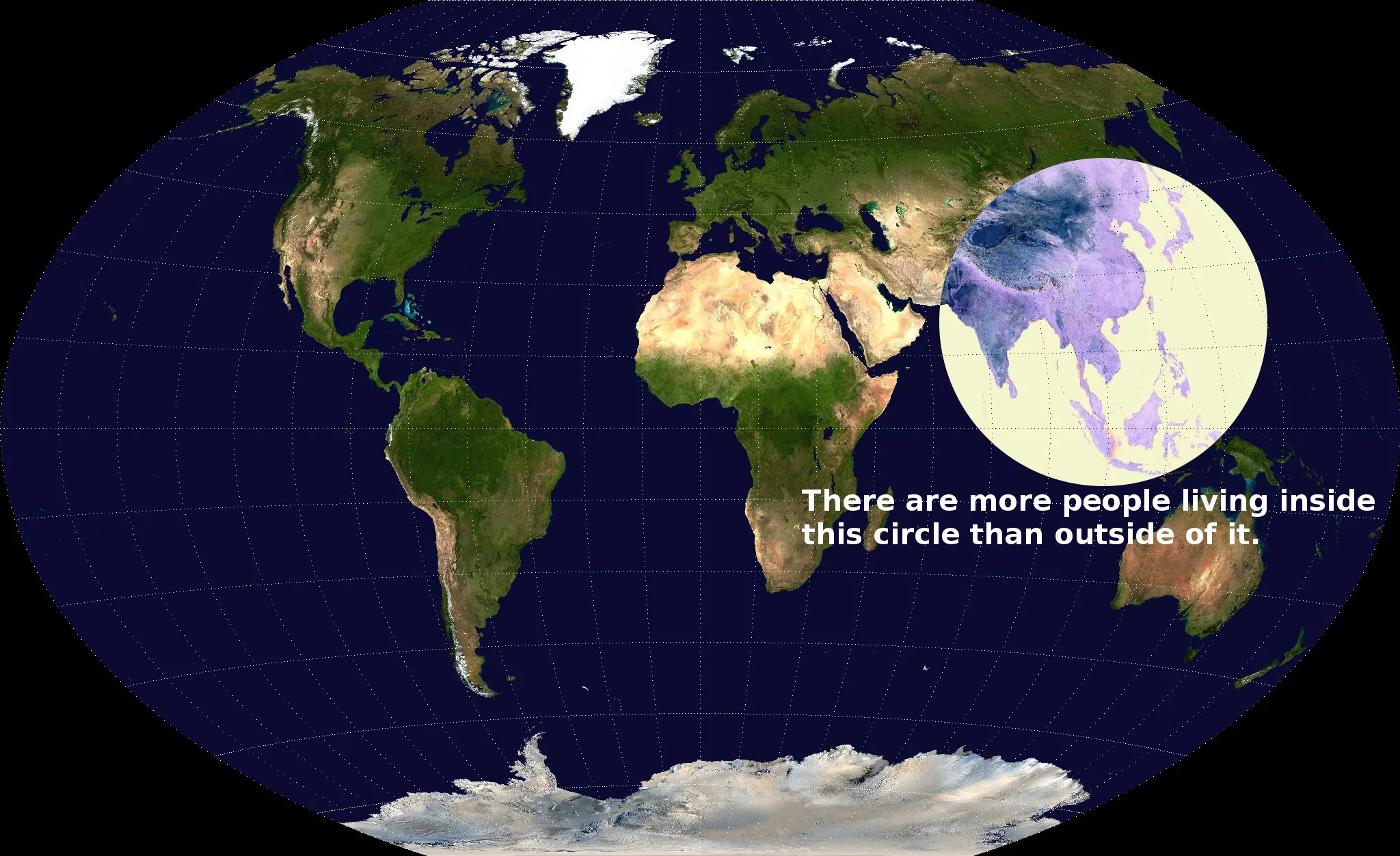
It’s named after Reddit user /u/vaieriepieris, an ESL teacher from Texas, who made it for a map subreddit in 2013.
- There are more Muslims, Hindus, Buddhists, and Communists inside the circle than outside it.
- It “pulls all of this off while being mostly water and including the most sparsely populated country on earth (Mongolia).” (Source).
- It also contains the highest mountain and deepest trench.
Interview with a Senior JavaScript Developer in 2022 (youtube.com)
I don’t know whether to laugh or cry. This really got me:
My job is to keep our code running while other packagers are changing theirs.
Lord have mercy. NPM continued use and existence is proof that (Almost) Every Day is a Miracle ✨
On Doing Nothing At All
As far as Indian Gurus go, I find this guy more illumined and full of practical, actionable advice than, say, this guy, less full of shit than this one, and definitely less batshit crazy than this one.
Via LT 🙏
Update
The creator of the video is Masood Boomgaard. Here’s his YouTube channel. And here’s the Balm your Soul needs in its entirety 🙏 🌸
“Penumbra” by Lance Hidy is an absolutely gorgeous (all-caps only) typeface (lancehidy.com)
I mean just look at it 🥰

An Ingredient Parser using TensorFlow (github.com)
Really cool stuff. Trained on the New York Times ingredients corpus (large 13.5MB CSV) and turns this
ingredients = [
"3 large melons",
"5 1/2 cups water",
"2 cups flour",
]
into this
[
{
"name": "melons",
"unit": None,
"qty": 3.0
},
{
"name": "water",
"unit": "cups",
"qty": 5.5
},
{
"name": "flour",
"unit": "cups",
"qty": 2
}
]
There are Disgusting Fucking Human Beings and then there’s Alex Jones (ctpost.com)
Heslin’s vow on Wednesday comes one day after Jones offered an FBI agent and 18 members of 10 families who lost loved ones in the school shooting $120,000 each to settle defamation lawsuits he lost against them in Texas and Connecticut late last year.
[…] Jones, the host of the “Infowars” internet program, called the Sandy Hook tragedy “staged,” “synthetic,” “manufactured,” “a giant hoax,” and “completely fake with actors.”
On One’s Work
Do not depend on the hope of results. When you are doing the sort of work you have taken on, essentially an apostolic work, you may have to face the fact that your work will be apparently worthless and even achieve no result at all, if not perhaps results opposite to what you expect. As you get used to this idea, you start more and more to concentrate not on the results but on the value, the rightness, the truth of the work itself.
“entr” provides a nice interface to inotify (eradman.com)
Saved me a ton of time with small project I’m working on right now. Looks like it’s written in C.
Check Everything and Twice
A couple from snowy Minnesota decided to take a winter vacation back in the simple Florida resort where they had stayed for a honeymoon twenty-five years before. Because of his wife’s delayed work schedule, the husband went first, and then when he got there he received a message that she would meet him soon. So he sent her this e-mail in reply. But because he typed one letter wrong in the e-mail address, it went by mistake to an old woman in Oklahoma, whose minister husband had died the day before. Here is what she read:
“Dearest,
Well the journey is over and I have finally arrived. I was surprised to find they have e-mail here now. They tell me you’ll be coming soon. It will be good to be together again.
Love as always.
P.S. Be prepared. It’s quite hot down here.”
The Quantum Technology Ecosystem – Explained (steveblank.com)
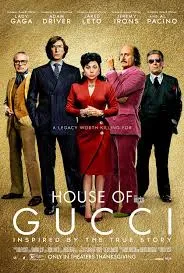
Tedious “I can make longass movies like Marty too!” stuff from Ridley Scott. Fascinating and tragic story in real life though. Adam Driver is reserved. Lady Gaga is outstanding. Jared Leto is a fucking clown and is either trying too hard or doesn’t give a shit anymore.
Al Pacino is in this movie as well. He is this person in the movie.
Waiting is Hard Work
Lessons learned from “Frog and Toad Together”: Don’t be like Toad and yell at your seeds. Do what you must with love and care and leave them be. They’ll be fine.

“But when?!”
On Sitting on your Arse
I like nothing more in the world than sitting on my ass doing nothing. And it’s not my fault I have this attitude, because I happen to have an amazingly comfortable ass. It may not look like much, but if you could sit on this baby for two minutes, you’d realize that getting off this ass would be a crime against nature.
On Life’s Work
The secret of life is to have a task, something you devote your entire life to, something you bring everything to, every minute of the day for the rest of your life. And the most important thing is, it must be something you cannot possibly do.
Via this collection of lovely talks by my main man Jack Kornfield ♥️
I was lucky. I went to good schools, I had excellent teachers. I was in the right place at the right time.
Opportunity and luck bestow their benisons upon a once-in-a-generation genius, mathematical mystic, and one of the greatest theoretical physicists to have walked the planet.
You never hear of Dirac much1. I read this article about him being in love and decided to read more about his life and work. This award-winning book came highly recommended. I enjoyed its breadth and depth thoroughly. I am a slow reader and was surprised by the speed at which I got through its heft: 625 pages2! Farmelo expertly weaves world history, politics, religion, and humor into Dirac’s story. The epilogue spends some time conjecturing that he may have been autistic in a bid to explain his many eccentricities and severe taciturnity3. Lots of painful family tragedy that was rather difficult to read. Intuition and Mathematical beauty were paramount to him:
If you are receptive and humble, mathematics will lead you by the hand. Again and again, when I have been at a loss how to proceed, I have just had to wait until [this happened]. It has led me along an unexpected path, a path where new vistas open up, a path leading to new territory, where one can set up a base of operations, from which one can survey the surroundings and plan future progress.
Here’s an In Our Time episode with Farmelo and two other physicists if you want to get a taste of what this excellent and riveting biography is about. I thought this description of Dirac by a young Subrahmanyan Chandrasekhar (who took Dirac’s Quantum Mechanics course at Cambridge four times in 1930 because it was “just like a piece of music you want to hear over and over again”) was rather funny:
“Dirac showed none of the confidence that might be expected of a young man at the top of his game. Chandrasekhar wrote home to his father that he was disappointed that Dirac did not show a bit more swagger: ‘[Dirac is a] lean, meek shy young “Fellow” (FRS) who goes slyly along the streets. He walks quite close to the walls (like a thief!), and is not at all healthy. A contrast to Mr Fowler […] Dirac is pale, thin, and looks terribly overworked.”
Update 08 Mar 22
Here’s a video of the author giving a presentation on Dirac and Mathematical Beauty
Kali

Unknown artist, circa 1800
The terrifying goddess Kali, wearing a necklace of skulls and holding a severed head in one of her hands, is worshiped here by other gods. From the left, we see Indra, Brahma (the creator), Vishnu (the preserver), and Shiva (the destroyer). Kali is associated with violence and sexuality; she stands for the forces of destruction, but she is also a life-giver. Her posture is that of a woman giving birth.
Not gonna lie: Her head reminded me of the Dust Bunnies in Spirited Away 🙏
An Anglerfish

What a strange, strange creature. Those bumps remind me of rivets on a submarine. But because they are anglerfish, the bumps are even more bizarre than you’d expect:
Since anglerfish are deep sea creatures, it took scientists years and years to figure this stuff out. They could never find a male. Females preserved in formaldehyde sitting on dusty museum shelves usually have strange lumps that appear to be parasites. They ARE parasites. Sexual parasites!
Those lumps are all that is left of the males! They had taken that last bite and had become absorbed into the females’ bodies and became nothing more than dangly bits. The male’s eyes and fins atrophy away, and nourishment comes from the female’s blood.
Lovely.
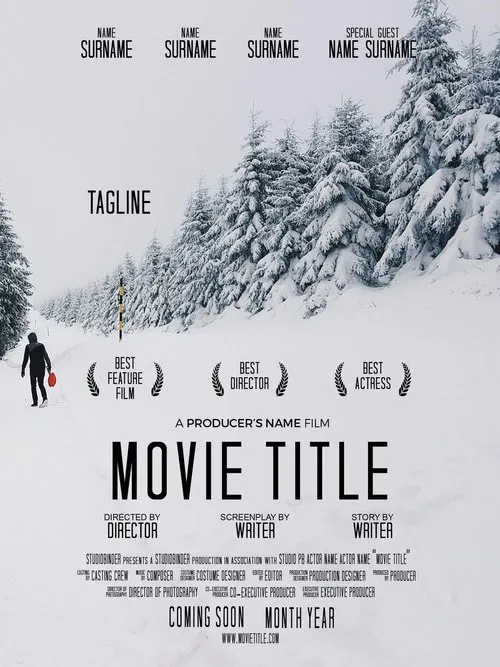
Adrien Brody is a great actor and I love watching him act. I absolutely love good, easy revenge flicks. So this was an easy pick. Mr. Brody channels his inner Travis Bickle (for the most part.) This was Taxi Driver meets Taken meets John Wick, and there’s nothing wrong with that. Brody produced, wrote, and scored the movie, leading someone on Reddit to call this a “tough guy savior vanity project”. I loved the camera work, the overall revenge theme, ass-kicking, and little else. Recommended, easy watch if you like this genre. Others include The Equalizer (Denzel), Man on Fire (Denzel), and The Man from Nowhere (absolutely not Denzel).
Oh and RZA’s in this! His presence in this movie somehow reminded me of his role in Ghost Dog: The Way of the Samurai, which is another fantastic movie of the “kind-hearted lone mumblegrumbler with a dark and troubled past kicks badguy ass to save the innocent” genre 💗
“Got Your Back” will back up your Gmail inbox to your computer. (github.com)
I’ve been nearing capacity for a while and this is a Godsend.
Dan Brown is Renowned
These articles are from a while ago. I love them a lot. By Michael Deacon.
That’s true, mused the accomplished composer of thrillers that combined religion, high culture and conspiracy theories. His books were read by everyone from renowned politician President Obama to renowned musician Britney Spears. It was said that a copy of The Da Vinci Code had even found its way into the hands of renowned monarch the Queen. He was grateful for his good fortune, and gave thanks every night in his prayers to renowned deity God.
And the renowned encore:
His imagination was racing like a racecar made of brains. Picking up his personal copy of acclaimed tome The Da Vinci Code, he reread its exquisite opening paragraph.
“Renowned curator Jacques Saunière staggered through the vaulted archway of the museum’s Grand Gallery. He lunged for the nearest painting he could see, a Caravaggio. Grabbing the gilded frame, the seventy-six-year-old man heaved the masterpiece towards himself until it tore from the wall and Saunière collapsed backward in a heap beneath the canvas.”
Hmm, meditated the 5’9” caucasian male. There is no doubting the magnificence of the prose, from the effortless elegance of its syntax to the way it brings characters vividly to life through evocative details like “the seventy-six-year-old man”. But the young people of today wouldn’t know about museums or Caravaggio. I must start again from scratch – and bring the story right up to date.
I read The Da Vinci Code when it was all the rage a long while ago1, and so much of what’s being ridiculed here reminds me of submissions to the Bulwer Lytton Fiction Contest2.
Update
Here’s John Oliver on the phenonemon that was The Da Vinci Code. 19-year old Nikhil was absolutely mesmerized. His reaction at 5:45 is chef’s kiss
My roommate at the time bought me the illustrated version for my birthday!↩︎
On my bucket list: Have a submission mentioned honorably 🙏↩︎
Steller’s Sea Eagle
The Steller’s sea eagle is one of the world’s rarest eagles. There are only around 4,000 left. It’s native to Russia and Japan. One was spotted in Maine and got bird watchers very excited.
“It would be like an elephant walking up out of Africa into Scandinavia,” Mr. Lund said. “Like getting a call that the Rolling Stones are playing in a field behind a warehouse in the next town over.”
It also just happens to be an absolute unit of a bird at 20lbs with an 8ft wingspan 🔥🦅😍

Photographer unknown (source)
Dr. Lees said vagrancy, as a biological mechanism, could help migratory birds expand their ranges, a potential advantage as global warming redraws the contours of suitable habitat. Dr. Farnsworth said, conversely, extreme weather — which is anticipated to grow in frequency and intensity as climate change progresses — can also play a role in displacing birds by hundreds or even thousands of miles.
What’s next for the lone, pioneering Steller’s sea eagle? It could migrate along with native bald eagles down the coastline. It could find its way back to northeastern Asia. It could stick around Nova Scotia, as it is well adapted to the cold and seems able to survive there. It could die, out of range of its original flock.
“It’s like an avian soap opera,” Dr. Lees said. “We’re all rooting for it. Will it make it home? Or is it doomed to never see another species of its own in its lifetime?”
Nailbiter.
The Very Clever Man
We all know one. They used to wear fedoras or berets or other identifiable hats. Many of them don’t anymore.
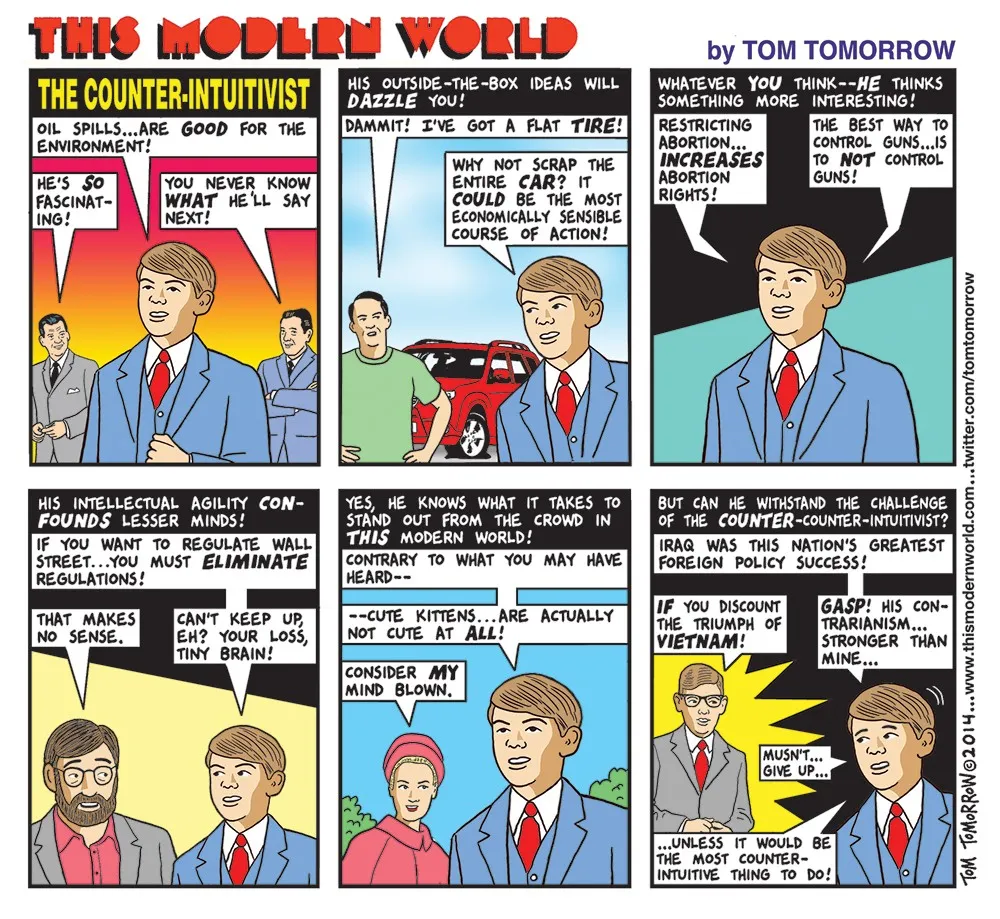
A Columbo Caricature
I just love this. Couldn’t find out who drew it. Via MVB whose grandma is a huge fan and with whom I will watch an episode or two one day 🤗💗🕵️♂️

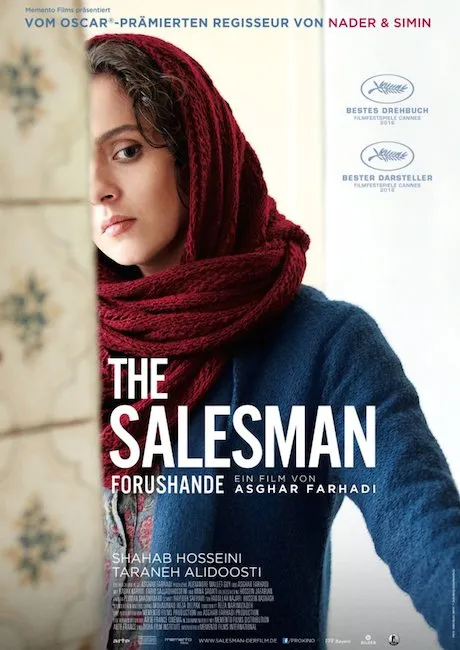
Saw with LD. This was our first Asghar Farhadi movie and it won’t be our last. Everything was magnificent: story, acting, screenplay, all of it. I remarked to LD that he managed to punch us in at least ten emotional centers in our hearts. So masterfully paced we didn’t feel two hours flow by.
Here’s a short clip where he describes his filmmaking process:
The hardest part is when the movie is done. When the movie starts to have its distance from me. When the movie is over I don’t show it to actors. Because they just look at themselves, and their opinion wouldn’t help me. I show it to some people who don’t have anything to do with cinema. Same with the script. I have the past script to the French teacher of my daughter.
When normal people see the film they can’t tell you what they feel right away. But while they’re watching the film you can sit with them and feel which part they are getting bored and which part gets them excited. The most important thing for me to understand after I am done with a film is that if my film is boring or not. I don’t like anyone to go out when viewing my film even if they have to go and pee. My film has to do something that they have to finish it and then leave.
I’ll watch the A Separation next1.
Not that they matter too much but both these movies won Academy Awards for Farhadi. He refused to accept the second Oscar in person “out of respect for the people of my country and those of other six nations who have been disrespected by the inhumane law that bans entry of immigrants to the US.” If you didn’t notice when the movie was released: One guess as to which administration that happened under.↩︎
“I don’t know. Somebody saw one once.”
This is a clip from the very funny Kathleen Madigan’s 2016 standup special Bothering Jesus. I’ve been saying it a lot these days. It’s just tremendously satisfying to say.
On Software
Software is and has been engaged in an endless race to the bottom.
Wrong. The Achievements of the software industry over the last thirty years are astonishing. They’ve managed to entirely negate several orders of magnitude of performance improvements provided by the hardware industry.
On Fear (and Lethargy)
The question is, what does it mean to be living a fear-based agenda? Then your life is always constricted. Then it’s sabotaging the expression of your possibilities in life. Jung said once, in a book published in 1912, “The spirit of evil is negation of the life force by fear.” That’s strong language. Only boldness can deliver us from fear, and if the risk is not taken, the meaning of life is violated. Now, I think of that as a kind of daily reminder to me. The way I put it in one of the books The Middle Passage, “Every morning, two gremlins at the foot of the bed, challenging us and threatening us, fear and lethargy. Fear says, it’s too much, it’s too big for you. You can’t handle this life. And lethargy says, chill out. Tomorrow’s another day, turn on the television, try to be distracted if you can.”
And both of them are the enemies of life, and they’ll be there again tomorrow, no matter what you do today. So we have to realize they are inside of us. The biggest enemies to life are inside of us: fear and lethargy. If we can address that life opens up and begins to be what it’s supposed to be, in my view, the unfolding of the gem that each of us embodies in this world.
Here’s a transcript. Via LD 🙏
Oracle
Here’s Bryan Cantrill’s classic assessment of Oracle Corporation (taken from this talk.)
On Twitter, a year after that video:
If you were an enterprise database customer who hadn’t heard of the Nazis, might it be easiest to explain them with Oracle allegory?
I know people who’ve worked there (none of whom are with the company, mercifully) and have heard nothing but fascinating tales of dysfunction, fiefdoms, sinecures, overwork, and bureaucracy. One engineer told me that, of all the bad places he’d worked at, he felt his “soul dying slowly” at Oracle. It’s a generic and very real Evil Corporation™, and probably the company the protagonists in Office Space work at.
And this wouldn’t be too far-fetched a thought. Consider that the producers of Terminator: Genisys, who are an Oracle Co-Founders’s own children, based “Cyberdyne Systems, the fictional defense company responsible for the creation of the evil AI Skynet” on their dad’s company. Amazing.

Full-length movie based on a Finnish TV series. Very formulaic Nordic noir serial killer mystery. Tröpe-äfter-Tröpe-äfter-Tröpe-äfter-Tröpe but I loved it and will see the TV show. Ville Virtanen and Anu Sinisalo are just excellent.
Adventuron is a framework that lets you create old-school Text Adventure games for a browser (adventuron.io)
Here’s a giant list of games people have created with it. Here’s a teeny little introductory adventure. I plan on playing The Quest of DuBebe this evening:
On Drawing Logical Conclusions
I can’t see a thing on the surface of Venus. Why not? Because it’s covered with a dense layer of clouds. Well, what are clouds made of? Water, of course. Therefore, Venus must have an awful lot of water on it. Therefore, the surface must be wet. Well, if the surface is wet, it’s probably a swamp. If there’s a swamp, there’s ferns. If there’s ferns, maybe there’s even dinosaurs.
It was only in 1922 that:
[…] fantasies of a wet, swampy Venus started to fade. Astronomers analyzing the visible light reflected from the planet’s atmosphere found no signs of the wavelengths which would have been given off by oxygen or water. Venus, they proposed, may instead be barren and dusty, a desert-like place.
which, as that article notes, still did not prevent us from imagining a Wet-Ass Venus well into the 1950s. Here are some pictures of its surface.
“Translanguaging” is the act of interleaving elements of two or more languages together to communicate more effectively. (ealjournal.org)
Very common in India. And that article is from a journal that offers EAL news. EAL (English as an Additional Language) is not the same as ESL (English as a Second Language). EAL is favored above ESL among the language pedagogy community:
Why? Because sometimes it is not clear what an individual’s ‘first’ language is (perhaps they grew up speaking one language at home, and a different language at school). And because oftentimes people can speak more than two languages.
EAL is more inclusive and applies to “a wider range of individuals’ contexts”.
[…] some individuals may not have an easily identifiable ‘first’ language. For example, take a person who starts speaking Spanish at home and then starts attending school in English. English could take over as the individual’s ‘dominant’ language, even though Spanish was acquired ‘first.’ Let’s say this person continues to communicate at home in Spanish — you could say Spanish is now their ‘home’ language. Because they’re not getting schooled in Spanish, they might decide to study Spanish formally when they are older. In this case, they would be a ‘heritage language learner’ of Spanish. Lastly, even though English has become the individual’s dominant language, they might still experience some transfer or interference from Spanish — in this case, the individual could benefit from EAL offerings.
Car Silhouettes
Henry Lin has a degree in Architectural Design is a “a lover of all things transportative”. He draws really lovely Car Silhouettes 😍 Here are a few.

Chevy Corvette C3 (1968-1972)

Jaguar E-Type (1961-1968)

Lagonda Rapide (1961 - 1964)

Mercedes-Benz S-Class (W221)

Mercedes-Benz CLS400 (C218)

Bugatti Centodieci
The Eye: Calanthek
This is a short film done entirely with the Early Access version of Unreal Engine 5. It’s only around eight minutes long and took six weeks to make but its plot is more exciting and coherent than whatever the heck was happening in Prometheus1.
Some examples: Let’s take our helmets off on an alien planet teeming with life forms we are yet to study. Let’s then just go ahead and touch and electrocute said life forms. And what exactly are David’s motivations? From Wikipedia: “Writer Damon Lindelof stated that the character provides a non-human perspective on the film’s events, and said, ‘What does the movie look like from the robot’s point of view? If you were to ask him, ‘What do you think about all of this? What’s going on? What do you think about these humans who are around you?’ Wouldn’t it be cool if we found a way for that robot to answer those questions?’” Let’s ask these questions, never answer them, and waste Michael Fassbender on this embarrassing shit instead. Oh and if you didn’t know that the ‘Engineers’ in the movie are mad at us and want to destroy us because we killed Jesus, you do now.↩︎
On Living Together
You’ve said that, despite being married three times, you’ve been in love only once. Do you think you might have a particularly higher bar than other people?
No, I think I’m not that interested. I’m much happier on my own. I can spend as much time with somebody as I want to spend, but I’m not looking to be with somebody forever or live with someone. I don’t want somebody in my house.Have you always felt like this?
Yes. I’m the round peg, and marriage is the square hole. You can’t have a square hole, can you?
I am 20
In 1967, the Films Division of India1 asked all kinds of 20-year olds about their dreams and how they felt about the future of a nation that was, itself, 20 years old. Here’s the original video. A lot of the kids who speak English in the video (starting at 5:00) attend the august Indian Institute of Technology, Bombay.
A colorized and edited version of that video went viral. Here’s a most fascinating “Where are They Now?” follow-up by the author where he tracks down seven people in the video. It’s a mix of Hindi and English. Lessons learned: Life is way too short, way too fickle, and almost never pans out the way you think it will. Privilege helps a lot.
Which I just realized is a thing.↩︎

REALLY 📢 LOUD 📢 NOISES 📢. It’s really, really loud.
This is Boyapati Srinu’s third movie with Balakrishna after Simha (loud) and Legend (louder.) Akhanda is the loudest and shittiest collaboration yet. The story is a complete afterthought and, very loosely, holds together punch dialogues, fight scenes, and forgettable shit songs featuring Balakrishna’s embarrassing and dismaying calisthenic attempts at joint health and mobility1. Meat for the most hardcore of Balayya fans. At this rate, he could just put out a two-hour plot-free smorgasbord of Balayya belting us with nothing but punch dialogues and still have a hit on his hands.
Please make sure you protect your hearing if you decide to watch this disaster. Here’s a review via NN. 0:09 to 0:24 is accurate.
Update
When I said the first few seconds of the review above were accurate, I wasn’t fucking around.
Those histrionics are marginally better than the movie.
Update
The music director thinks it’s wrong to call his shit loud. “You don’t ask the priests at the temple to turn down the volume of the bells ringing do you?” He submits that the ear-splitting volume induces a “trance” state. Otolaryngologists might call it “trauma” but OK Bro.
Tho truth be told, I’d be very happy if I could move like that at sixty-one 🤷♂️↩︎
Kali

Artist Unknown

